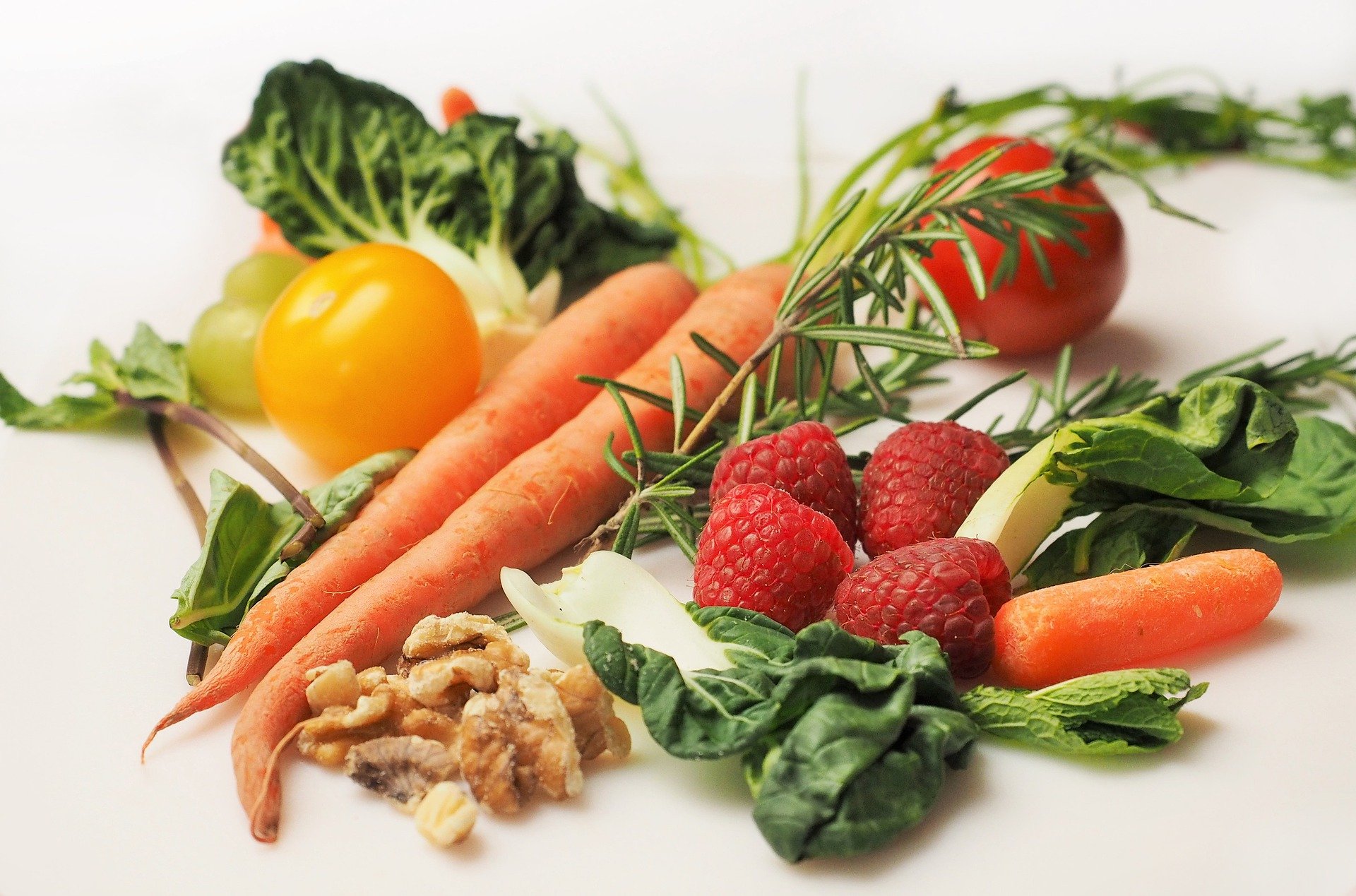
BodyLuxe Team
October 3, 2022

After a successful surgery, it’s time to prioritize your recovery. The sooner you can get back to normal activities, the better. And while you may not feel like eating, remember that one of the best ways to supercharge your healing is through correct nutrition.
An appropriate post-surgery diet significantly helps in wound healing and provides you with adequate energy to do other activities that are essential for your recovery. Additionally, eating the right kinds of food at the right time is crucial to avoid unwanted side effects that can prolong the healing process.
4 FOODS TO AVOID AFTER SURGERY
1. Foods That Might Cause Constipation
The prescription medicines you take to relieve pain, along with your general immobility, can increase the likelihood of constipation which can then lead to significant discomfort (and sometimes even pain). In general, you should avoid high-fat meats, eggs, dairy products, and sugary sweets as these foods are low in fiber and may lead to constipation.
2. Spicy Foods
Spicy foods are also included in the list of foods to limit after surgery. It is often recommended to avoid eating spicy foods immediately after surgery because they may upset the stomach.
3. Alcoholic Beverages
Alcoholic beverages are one of the things you should refrain from consuming before and after surgery. One reason is that alcohol thins the blood, leading to more severe bruising, heavier bleeding from wounds and slower healing. Not to mention, it cannot be combined with most medications, including pain medicines. Additionally, alcohol can trigger dehydration, and after your surgery you need all the hydration you can get to heal quickly.
4. Highly Processed Foods
Some of the foods you need to avoid after surgery are those that are highly processed. Not only are they usually low in fiber (which can cause constipation), but in most cases, they also lack the nutrients your body needs to heal. Additionally, many highly-processed foods promote unnecessary inflammation. Highly processed foods include sugary drinks, store-bought pastries, candies, chocolates, frozen desserts, fast foods, like fries and hamburgers, and processed meats, such as sausages and deli meats (cold cuts).
FOODS TO ENJOY AFTER SURGERY
1. Clear and Full Fluids
Before we talk about good solid foods to consume after surgery, let’s first cover clear and full fluids. Clear and full fluids may be the diet of choice if you underwent a major operation, particularly one that involves the gastrointestinal tract.
A clear liquid diet provides you with nutrition without compromising your gut. Clear fluid doesn’t necessarily mean you’ll only have “transparent” liquids; it essentially means the fluid has no (or very little) solid food in it, making digestion easier for your GI tract.
Below are some of the examples of clear fluids:
Water
Coffee and tea, but without milk or cream
Clear soup
Clear, fresh juice, such as apple, cranberry, and grape.
Honey
Jell-O
Popsicles
A post-surgery diet may also involve a full liquid diet which includes a “fuller” or thicker liquid. Examples of full-liquid you can have are:
Creamy cereals and soups
Gelatin
Yogurt
Plain ice cream
Fruit and vegetable juices
Coffee and tea with milk or cream
All items in the clear liquid list can also be consumed under a full fluid diet.
2. Whole Grains
Whole grains are on top of the best foods in a post-surgery diet. Not only are they rich in fiber and energy-giving carbohydrates, but they are also filled with vitamins and nutrients that keep your body healthy and ready for recovery.
There are many ways to add whole grains to your diet. Eating rice is one of them, as well choosing low sugar cereals for breakfast. However, please remember to choose whole grains and not the refined variety (white rice, white flour, etc.)
Below are the best examples of whole grain products to include in your post-surgery diet:
Oatmeal
Cereals (low in sugar)
Whole-wheat bread, pasta, and crackers
Brown rice
Barley
Buckwheat
While choosing whole grain products for your post-surgery diet we would advise you to check your folic acid intake. Many whole grain food items are not fortified with folic acid, which is a B vitamin that helps cells work and tissues grow.
3. Fresh Produce
Next on our list of the best foods for post-surgery diet is fresh produce. Fresh fruits and veggies, like whole grains, also have high fiber and nutrients. They are also rich in antioxidants which help fight off free radicals that cause inflammation.
If fresh fruits are not available, canned and frozen fruits are also good. However, please be mindful of added contents, particularly sugar.
The best fresh produce to eat after your procedure include:
Berries – from raspberries and strawberries, to blueberries and blackberries. A notable antioxidant content of berries is vitamin C, a micro-nutrient that helps build collagen for skin repair or wound healing.
Citrus Fruits, which includes oranges and grapefruit, are excellent sources of vitamin C, too.
Other Bright-Colored Fruits such as apples, peaches, mangoes, and melon, are also great foods after surgery.
Leafy greens like spinach, bok choy, romaine lettuce, and kale are great sources of vitamins A, C, and E. They are also high in vitamin K, which is helpful in blood clotting.
Vegetables you can snack on such as carrots, cabbage, broccoli, cauliflower, and brussels sprouts.
Of course, getting a variety of fruits and vegetables is the best, as it ensures that you are also getting a wide range of micro-nutrients your body needs to heal.
4. Lean Protein Sources
Lean protein sources are those that have low fat content. Protein foods are essentially foods for wound healing after surgery because they help with tissue repair and infection prevention.
Below are some of the best sources of lean protein:
Legumes, which include chickpeas, kidney beans, and lentils.
Tofu
Poultry, but only choose the white meat parts.
Seafood
Beans
Soy
Lean beef
5. Healthy Fats
It might be hard to believe, but a post-surgery diet will not be complete without healthy fats. Fats help in boosting the immune system and preventing infections. Moreover, healthy fats allow you to better absorb the nutrients you get from all the other food groups, particularly from fruits and vegetables.
Some of the best sources of healthy fats include:
Olive oil, which you can use in cooking or in salad preparation.
Coconut oil
Avocado
Nuts and seeds
6. Anti-Inflammatory Foods
If you’re looking for food for wound healing after surgery, it’s a good idea to consider anti-inflammatory foods. These foods lower inflammation and might help with swelling.
Don’t worry, you won’t have a difficult time finding anti-inflammatory foods to eat after surgery to reduce swelling, because they are easily available. Examples of anti-inflammatory foods are:
Fruits
Leafy greens
Nuts
Olive oil
7. Foods Rich in Calcium
Calcium is not just for growing kids; adults need it, too, to ensure bone and muscle strength, proper blood clotting, and better nerve impulse regulation. These functions make calcium-rich items great foods post-procedure.
Since dairy, a common calcium source, increases the risk of constipation, you may want to rely on other options, such as:
Dark, leafy greens
Soybeans
Calcium-fortified products, such as cereals and orange juice
If you are able to tolerate dairy without getting constipated, consider choosing the low-fat alternatives.
8. Foods Rich in Iron
Iron is a micro-nutrient you need to replenish red blood cells, especially if your operation involved some blood loss. Some healthy sources of iron include:
Soybean flour
Iron-fortified cereals
Dried fruits
Nuts
Beans
We hope this article provides some helpful insight into how food and nutrition can be an important part of the healing process after a procedure. Optimal eating habits will not only help you avoid needing surgery to begin with but it will help you maintain a healthy weight and lifestyle after.
As always, please follow the specific instructions from your medical team and consult them with any questions you may have.
Do you have more questions? Give us a call!
This is your season to refine, sculpt, and elevate your confidence.
This limited-time offer ends March 31, and appointments are filling quickly.
Tap below to reserve your consultation and let BodyLuxe sculpt your summer look.